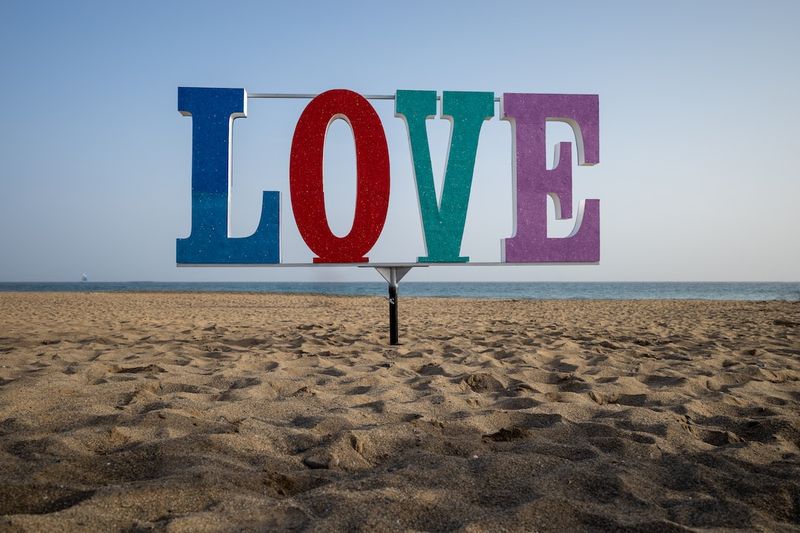Table of Contents
Syria: World Court Begins Watershed Torture Case
October 9, 2023, The Hague – The International Court of Justice (ICJ) will hold hearings on October 10 and 11, 2023, on state-sponsored torture in Syria since 2011. This case, brought by the Netherlands and Canada, alleging violations of the international Convention Against Torture, is of utmost importance in advancing justice and seeking accountability. The case focuses on the unlawful treatment of detainees, inhumane detention conditions, enforced disappearances, sexual and gender-based violence, violence against children, and the use of chemical weapons.
Importance of the Case
This landmark case brings to light Syria‘s long-standing torture of countless civilians. The hearings at the World Court provide an opportunity to scrutinize these heinous acts and seek justice for the victims. Balkees Jarrah, associate international justice director at Human Rights Watch, emphasizes the urgency of the court putting measures in place to prevent further abuses against Syrians who continue to suffer under nightmarish conditions.
While the case may take several years to reach a final ruling, the Netherlands and Canada have requested provisional measures to be implemented immediately. These measures aim to stop ongoing violations and support future accountability proceedings. The hearings will focus on arguments for these provisional measures.
Urgent Need for Action
The Netherlands and Canada have stressed the urgency of the situation, stating that Syria has shown no intention of preventing ongoing or future violations. They have called for Syria to take effective measures to cease and prevent all acts of torture and other cruel, inhuman, or degrading treatment or punishment. They have also asked Syria to disclose the location of burial sites of people who died from torture and to release arbitrarily or unlawfully detained individuals.
In addition, the two countries have requested access for independent monitors and medical personnel to both official and unofficial detention sites. The court has been asked to make Syria report on the steps taken to carry out the provisional measures order regularly.
Arab Countries’ Response
Despite Syria‘s record of serious crimes, several Arab countries, including the United Arab Emirates and Jordan, have rushed to normalize relations with the Syrian government. In May, the Arab League readmitted Syria after suspending it in 2011. This ICJ case should urge governments to reconsider these moves without addressing Syria‘s torture and other abuses.
Previous Documentation and International Efforts
The case brought by the Netherlands and Canada builds upon extensive documentation by Human Rights Watch and others of the arbitrary detention and torture of tens of thousands of people by Syrian government forces since 2011. In 2013, photos smuggled out of Syria provided irrefutable evidence of widespread torture and inhumane conditions in government detention facilities. As recently as July, a UN Commission of Inquiry confirmed that Syrian authorities continue to detain and forcibly disappear thousands of people.
Syria is not a member of the International Criminal Court, and efforts to give the court a mandate over serious crimes in Syria were blocked by Russia and China in 2014. However, UN member countries established an investigative team in 2016 to gather evidence for future prosecutions. Efforts to bring individual suspects responsible for torture and other atrocities in Syria before European courts have also been gaining momentum.
Seeking Justice for Victims
The ICJ case against Syria seeks to hold the country accountable for its breaches of the Convention Against Torture, ensures that ongoing violations cease, and provides reparations to victims. The case could trigger further proceedings and inform ongoing prosecutions in national courts against individual suspects.
This case is significant not only for the victims who have suffered unimaginable atrocities but also for the pursuit of justice and accountability in the international community. It serves as a reminder that grave human rights abuses, such as torture, cannot go unpunished.
Conclusion
The ICJ hearings on state-sponsored torture in Syria are a critical step toward advancing justice and seeking accountability. The case brought by the Netherlands and Canada sheds light on the long-standing torture and abuse of civilians in Syria and calls for urgent measures to prevent further violations. It is crucial for the international community to support these efforts and for governments to reconsider normalizing relations with Syria without addressing its grave human rights abuses. The ICJ case has the potential to pave the way for future prosecutions and bring justice to the victims who have suffered unimaginable horrors.

<< photo by Mika Ruusunen >>
The image is for illustrative purposes only and does not depict the actual situation.
You might want to read !
- Syria Torture Case: An Urgent Test for International Justice
- Lessons Learned from the Lampedusa Shipwreck: A Decade of Reflection and Progress.
- Revolution Rising: Empowering the Global Youth Movement for Climate Justice
- The Battle Over Immigration: Examining the Extremes in Texas
- Nobel Peace Prize Winner and Human Rights Advocate Narges Mohammadi: An Urgent Call for Her Immediate and Unconditional Release
- The Escalating Conflict in Israel and Palestine: A Grave Humanitarian Crisis Unfolds
- Introducing The Climate Justice Walk: Empowering People’s Journey for Climate Justice